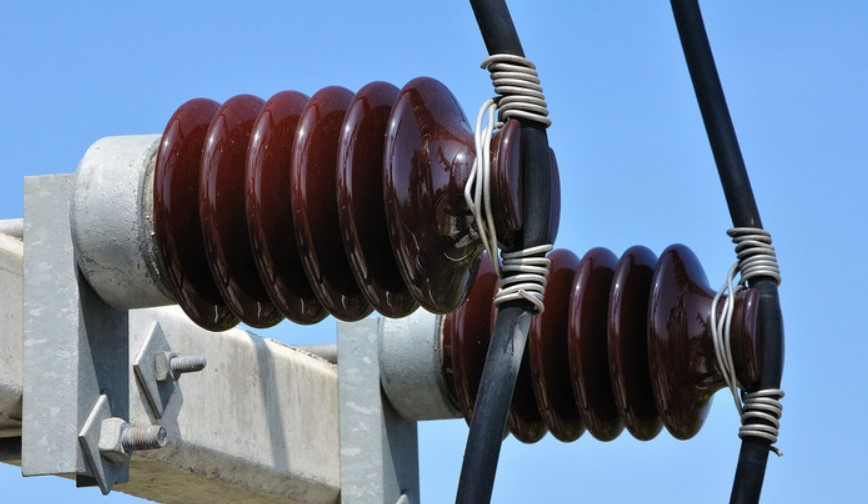What is an Insulator?
An insulator is a material that resists the flow of electricity.
Common insulators include rubber, glass, and ceramic.
They are essential in electrical systems.
Preventing Current Flow
Insulators prevent current from flowing through them.
This keeps electrical energy contained.
They form barriers between conductors and the environment.
Electric Field Interaction
When electricity passes through a conductor, it creates an electric field.
Insulators resist this electric field.
This resistance stops the current from escaping.
Dielectric Strength
Insulators have a property called dielectric strength.
This measures how much voltage an insulator can withstand.
Higher dielectric strength means better performance.
Types of Insulation
Different materials have different insulating properties.
Rubber is flexible and ideal for wires.
Glass is rigid and good for high-voltage applications.
Applications of Insulators
Insulators are used in power lines and electrical devices.
They support overhead wires and prevent short circuits.
Insulators also protect users from electric shocks.
Testing Insulators
Insulators undergo various tests.
These tests check their strength and durability.
Regular maintenance ensures they perform well over time.
Conclusion
Insulators play a crucial role in electrical systems.
They prevent current flow and enhance safety.
Understanding their working principle helps in designing better electrical systems.



